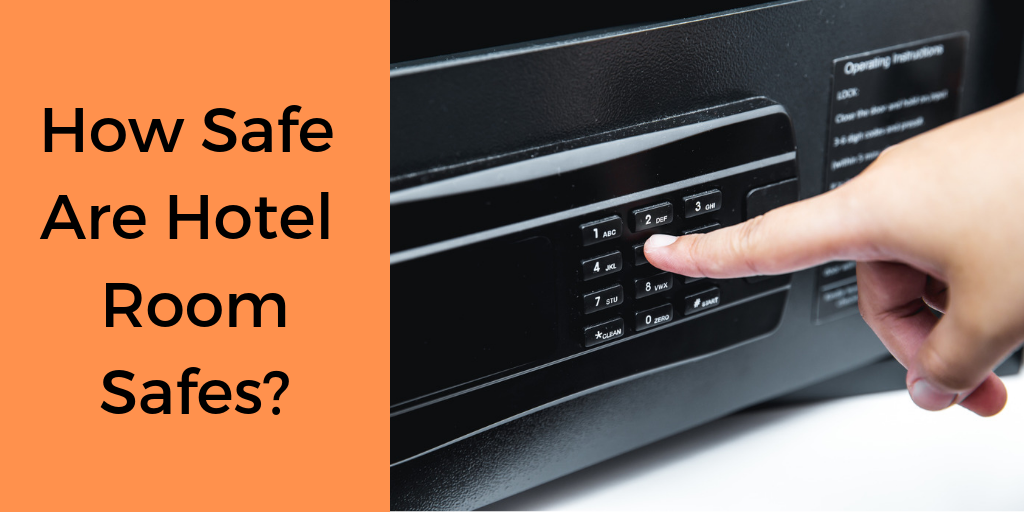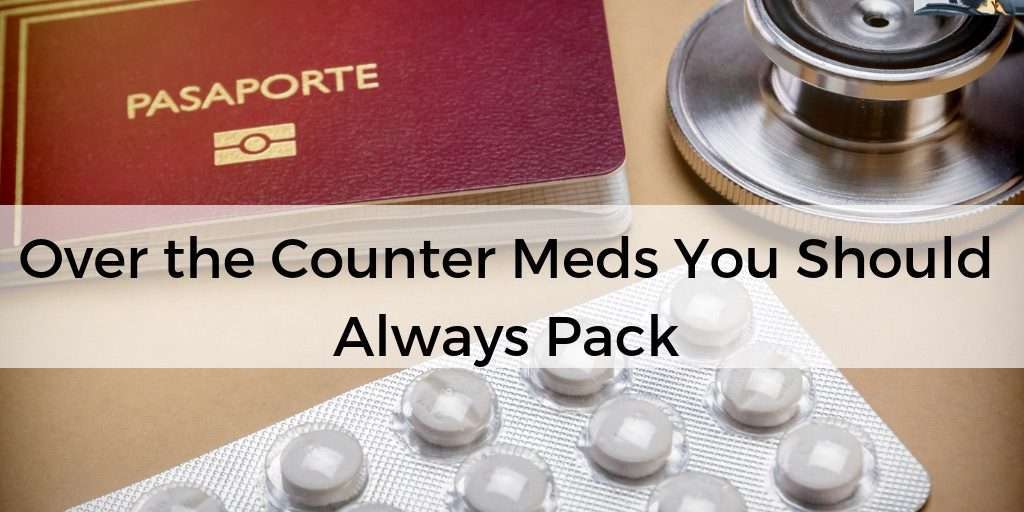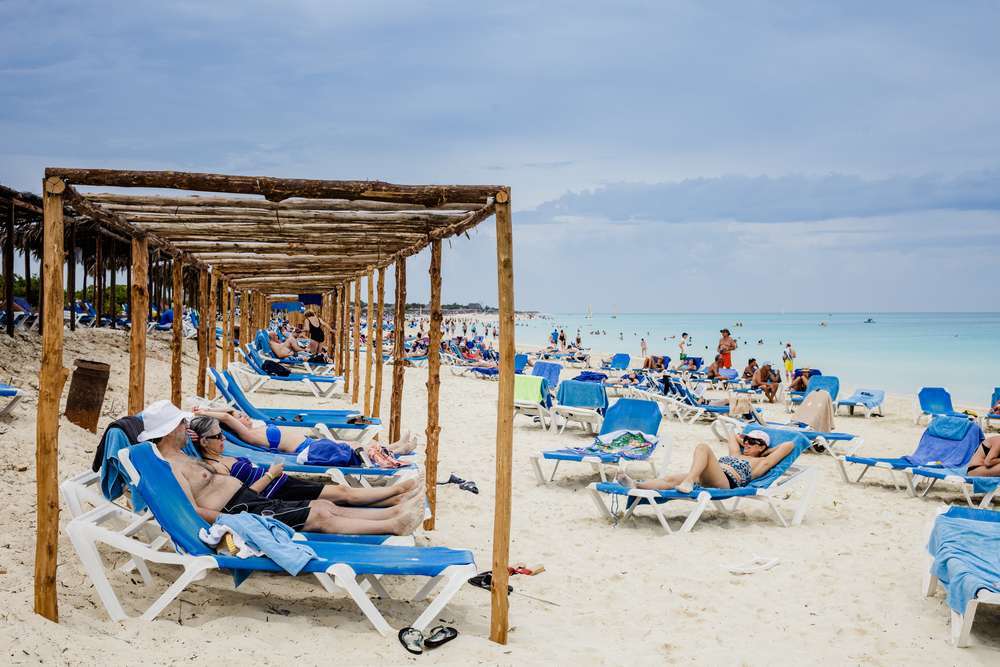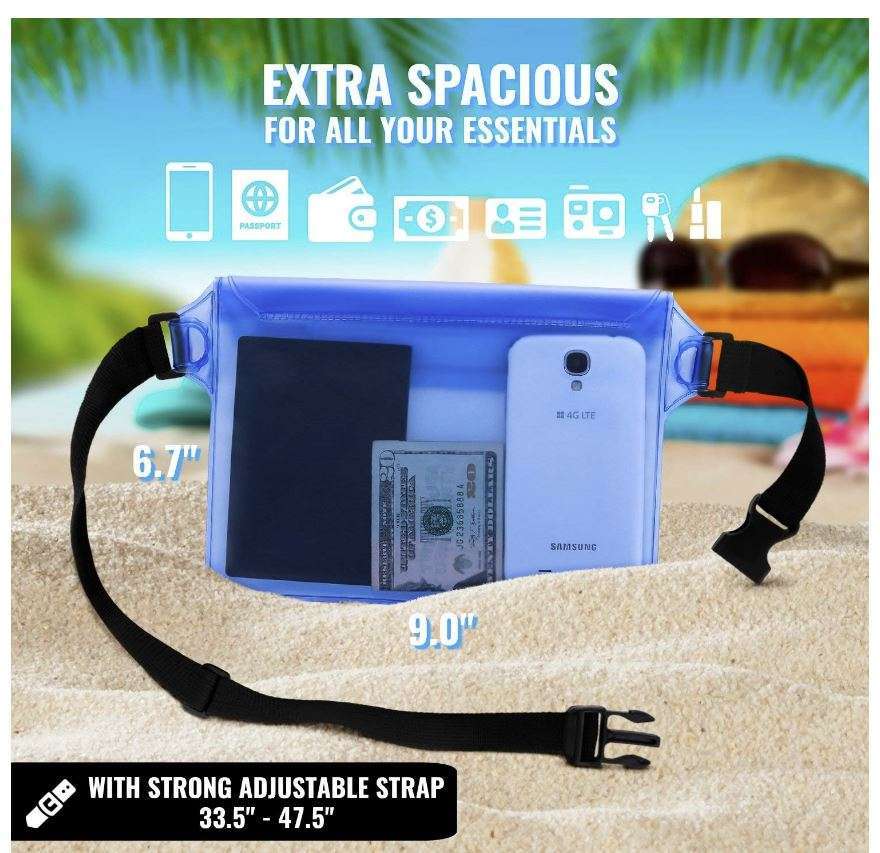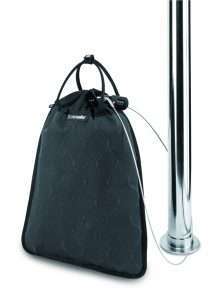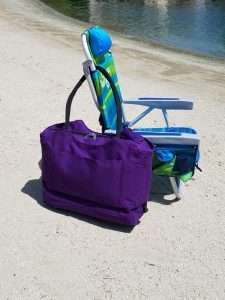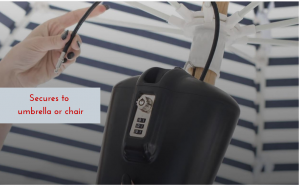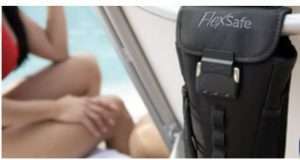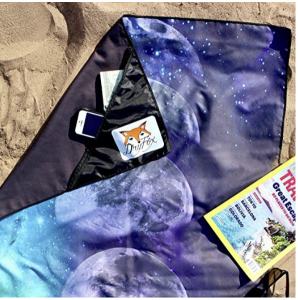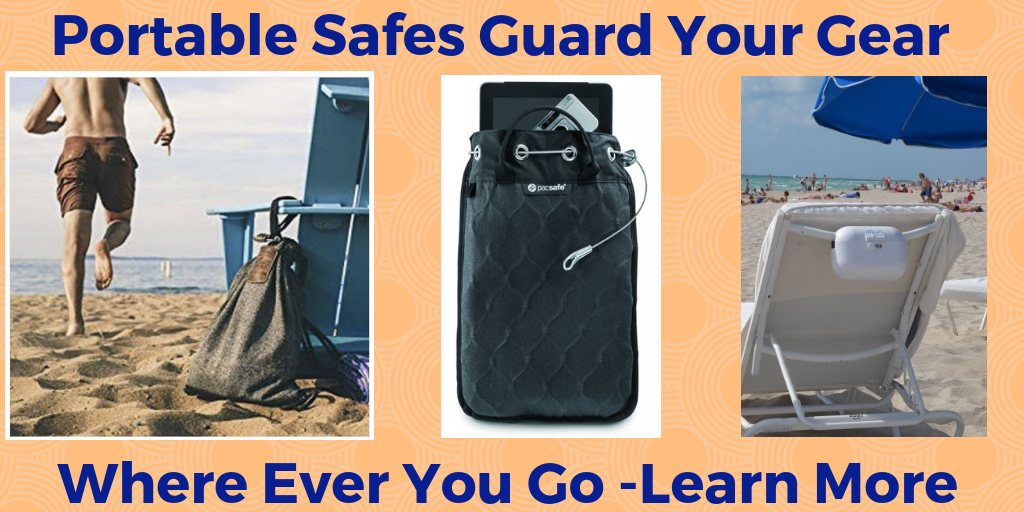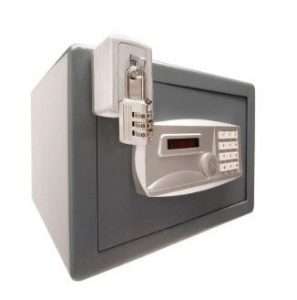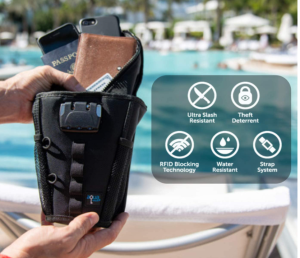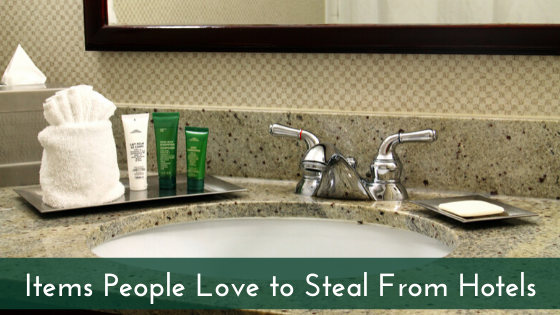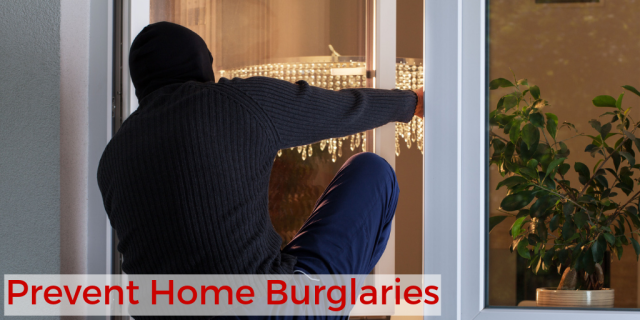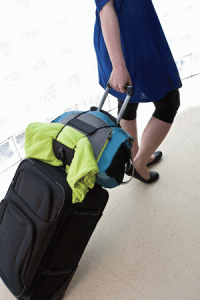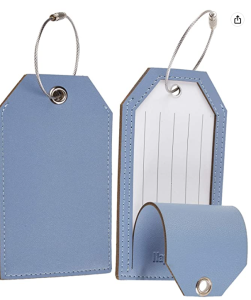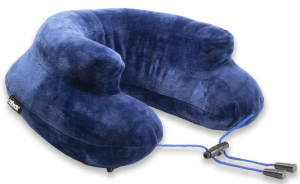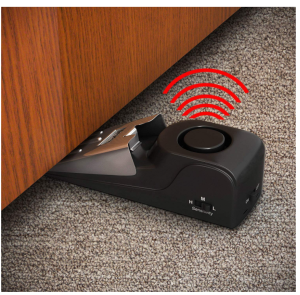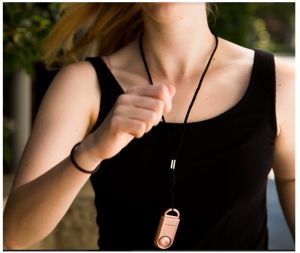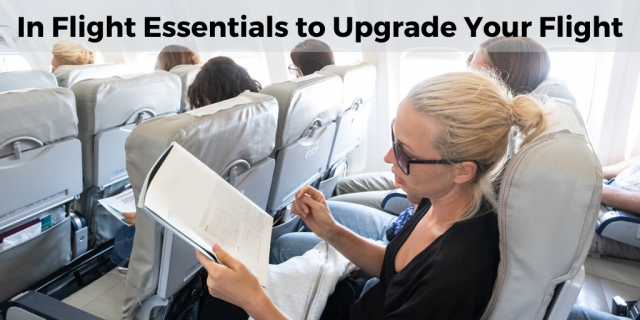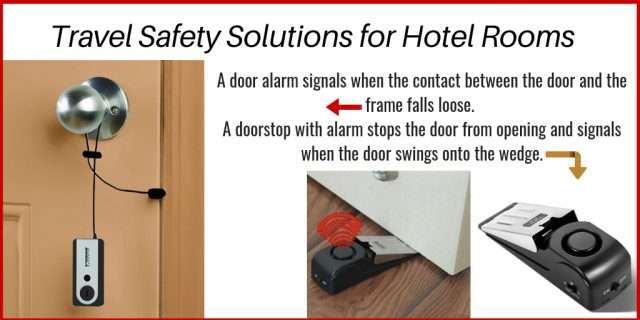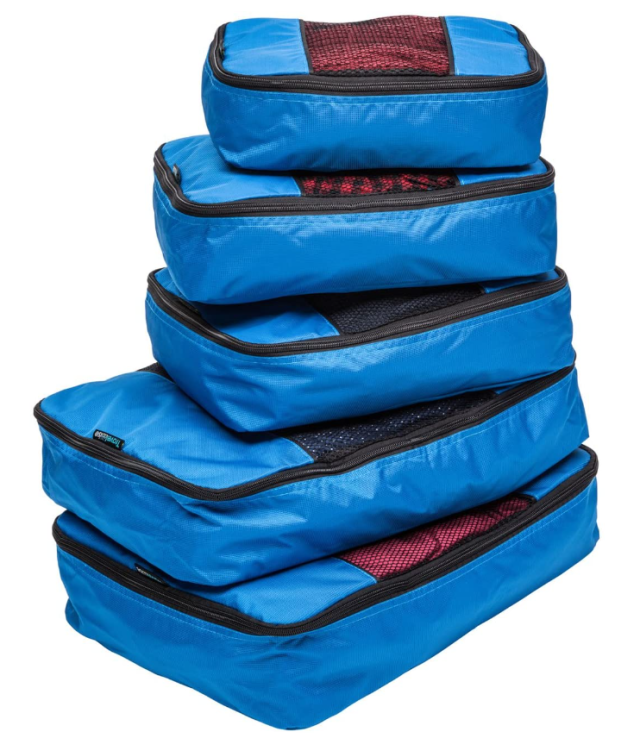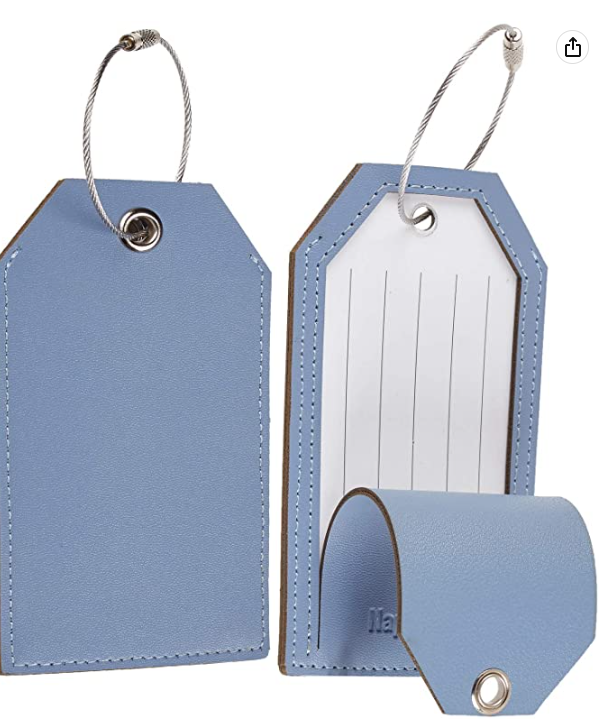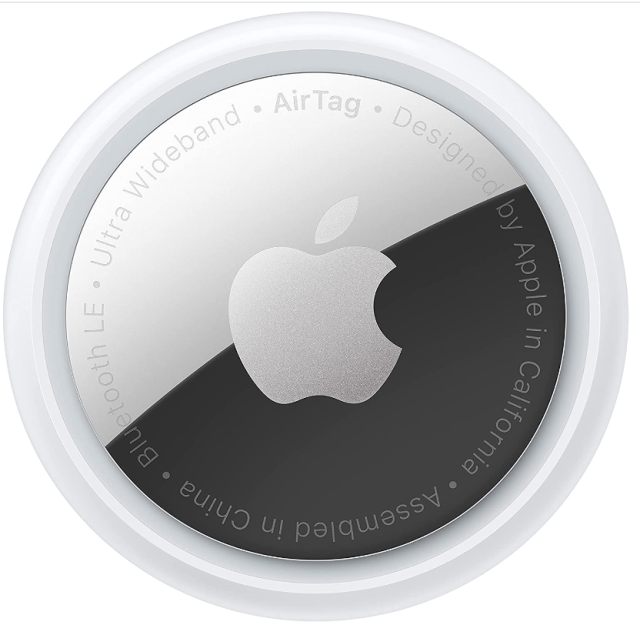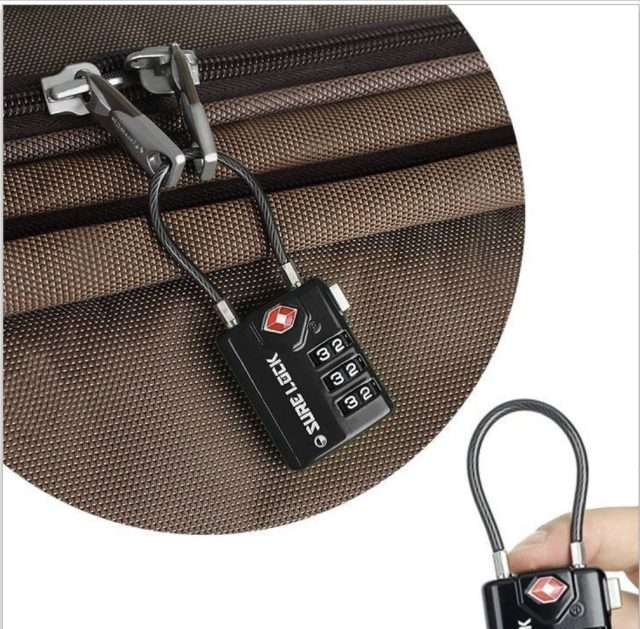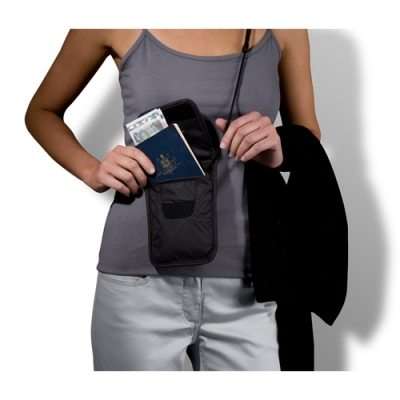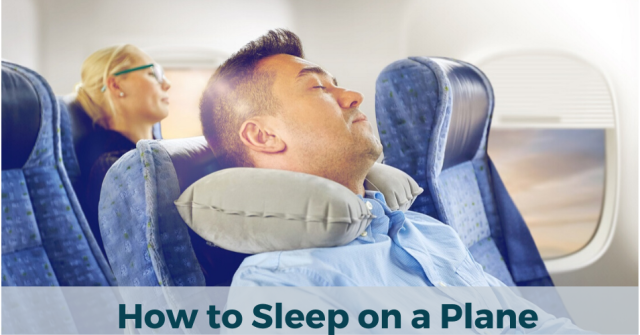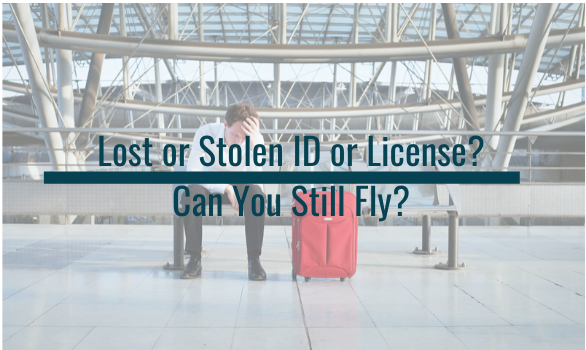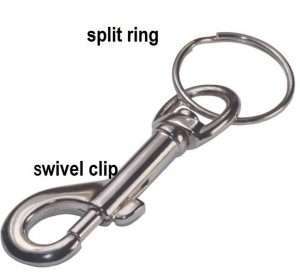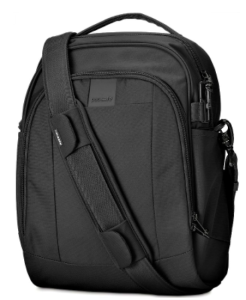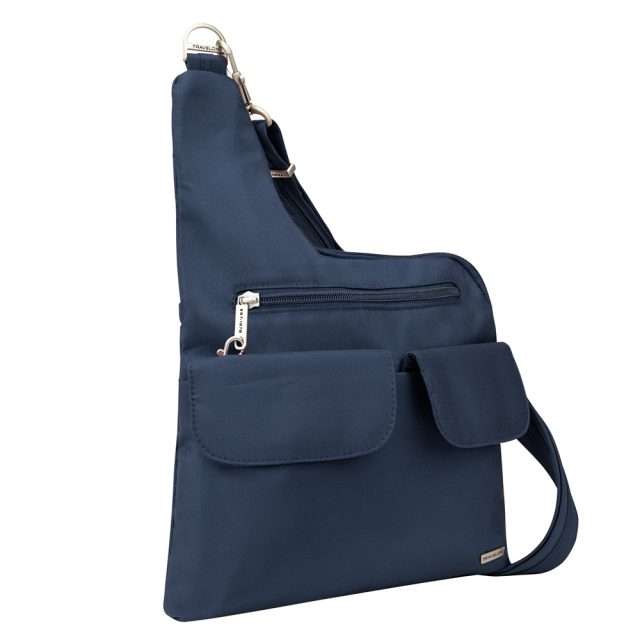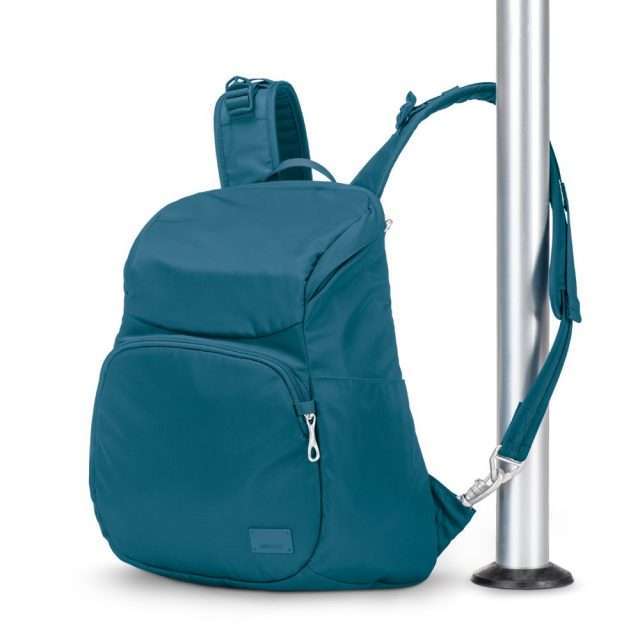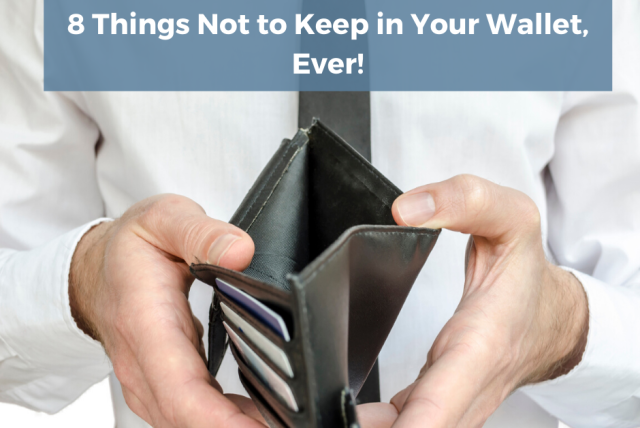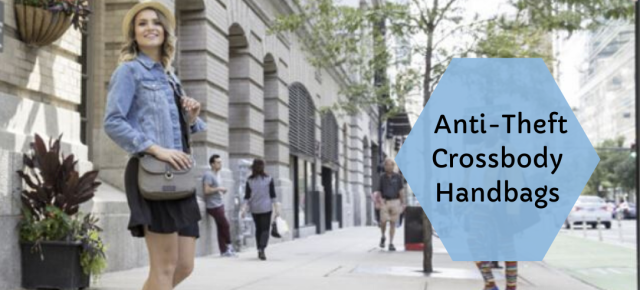Do you sleep with peace of mind knowing your hotel room door is really locked? Are you doing all to stop burglars from opening hotel room door? You may think it is hard to get into a hotel room without a key, but given the right tool, a little bit of time, and depending on the lock it can be done and done quickly. If the burglar or intruder has a passkey or passcode it is even easier and faster.
The Best Way to Stop Burglars From Opening Your Hotel Door
Pack a portable door lock to augment the hotel room door lock even before you start packing your clothes. It’s actually best to travel with two devices for your safety and the security of your possessions. The first device will help keep intruders out of your hotel room, and the second recommended item will secure your valuables.
See for yourself.
.
#1 Must-Have Security Device is a Portable Door Lock for Personal Safety
When you are in the hotel room always use a secondary portable lock. Below are some suggestions to secure your hotel door for peace of mind. Lightweight and small the portable travel door locks secure hotel rooms, dorm rooms, and homes by preventing entry even if someone has a key. Fortunately, there are various styles of secondary door locks you can use for additional security. Here’s a quick review of a few of our favorites. Not all door designs are the same or you may consider two different types of secondary locks to travel with to stop burglars from opening your hotel room door.
The Door Jammer – Portable Door Lock
The Door Jammer is placed at the foot of the door. Should the door be opened the horizontal force of the door swinging open is transferred to the floor stopping the door from swinging open.
The Portable Door Lock
The portable door lock is placed in the strike place of the door lock in the frame. It offers resistance if the door is opened even with a key it works on lever style and knob style handles.
Door Stop with Alarm
This travel door stop is the only one with a built-in alarm. It’s a doorstop you use to stop the door from swinging open. Should an entry be attempted the door will swing onto the plate pressing it down triggering an alarm. The alarm is 120 db which is loud enough to scare an intruder away and to wake you from sleep. The device has an on/off switch so it won’t accidentally go off in your luggage.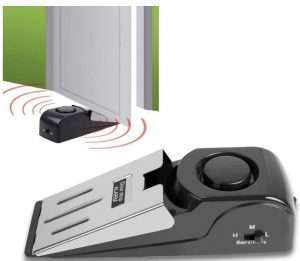
#2 Must-Have Travel Security Device is a Hotel Safe Lock or Portable Safe to Secure Your Gear
Is your gear safe when you leave your hotel room? Secure your values while you’re away from your hotel room by using a tamper-evident hotel safe lock for securing your valuables. Use a tamper-evident secondary lock such as the Milockie Hotel Safe Lock on the safe. Hotels have passkeys or passcodes to enter safes for guests who forget their code. The passcode or passkey could be used on your room safe while you are out of the room and you’d never know that someone had been in your room and opened the safe.
If your room doesn’t have a safe, or the gear you need to safeguard doesn’t fit inside the safe, then plan on traveling with a portable travel safe. If you prefer, use a portable travel safe to secure your valuables. The safes store flat in your luggage and can be used in cars, dorms, outside, at home, and in offices too, long after your trip is over. A couple of smaller and lightweight portable safes we like are:
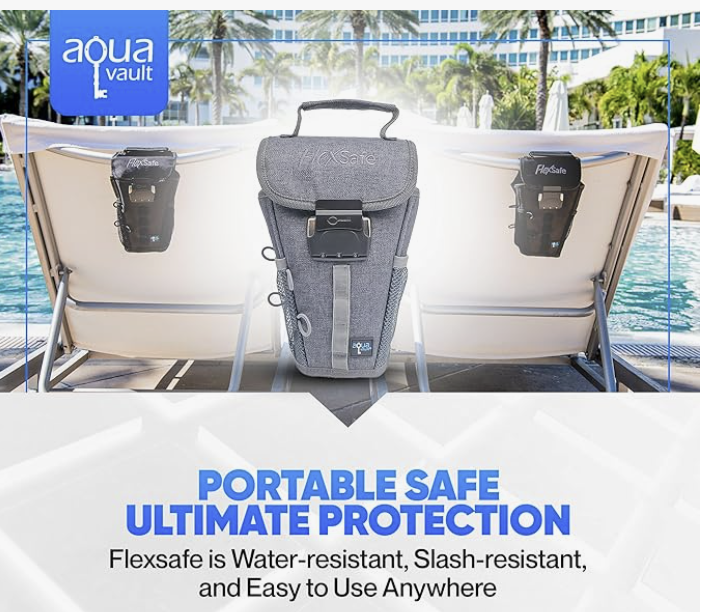
Portable Safe, Flexsafe for Smaller Valuables for Use at the Pool
Final Thoughts on Keeping Burglars From Opening Your Hotel Room
Be prepared to protect yourself and your valuables. Keep burglars out of your hotel room by planning to use travel safety devices designed for safety and security while traveling. The bonus is you can use any of these items at home too.
More Articles You May Like



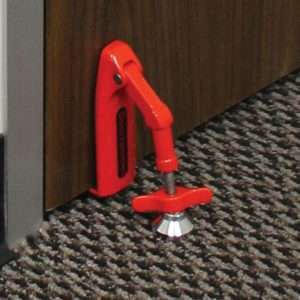
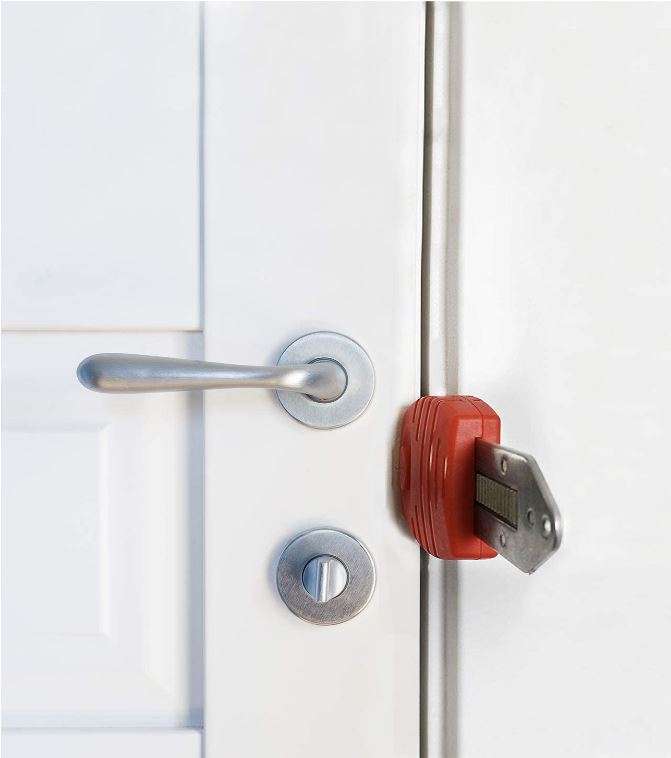
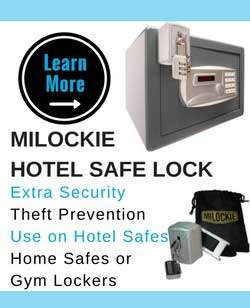
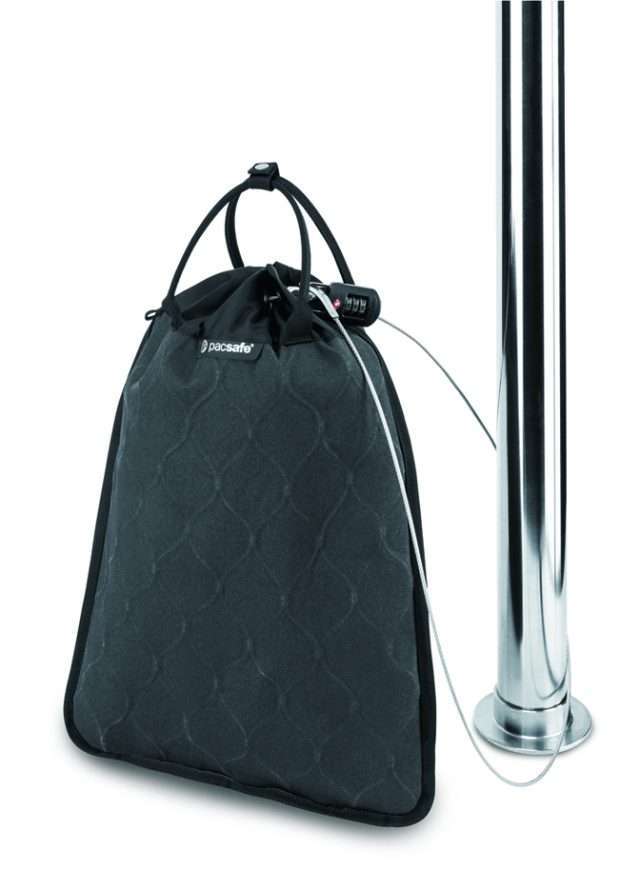
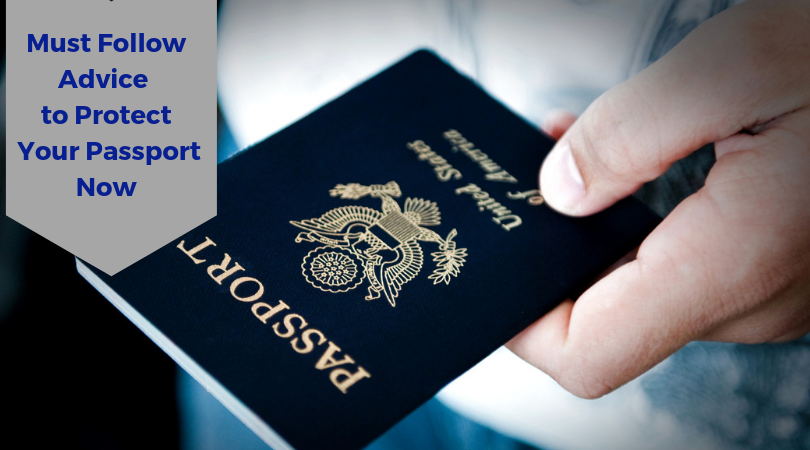


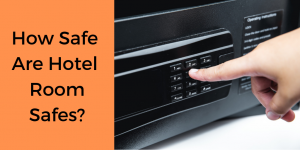
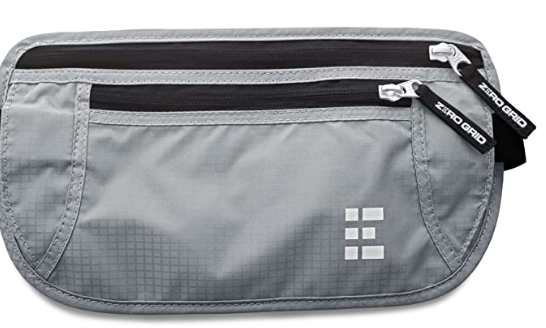
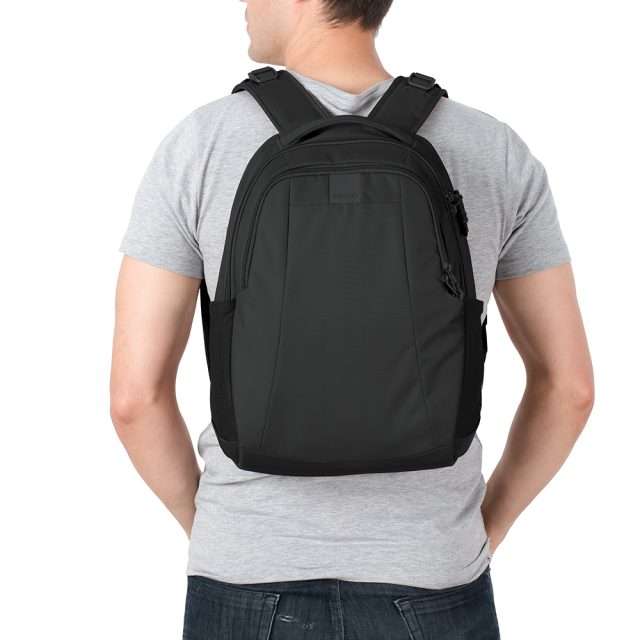
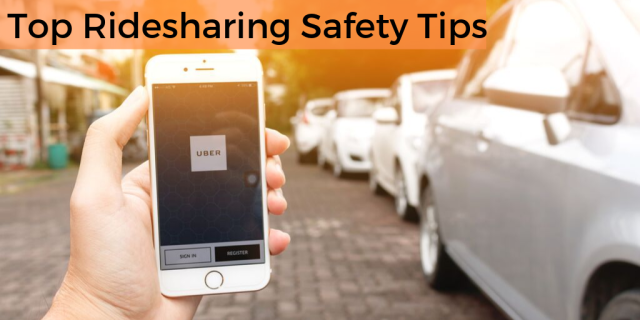
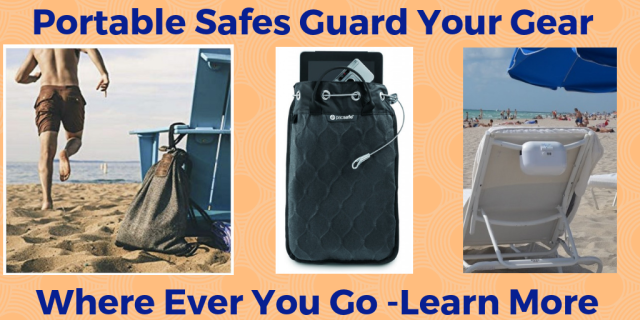

 ns
ns